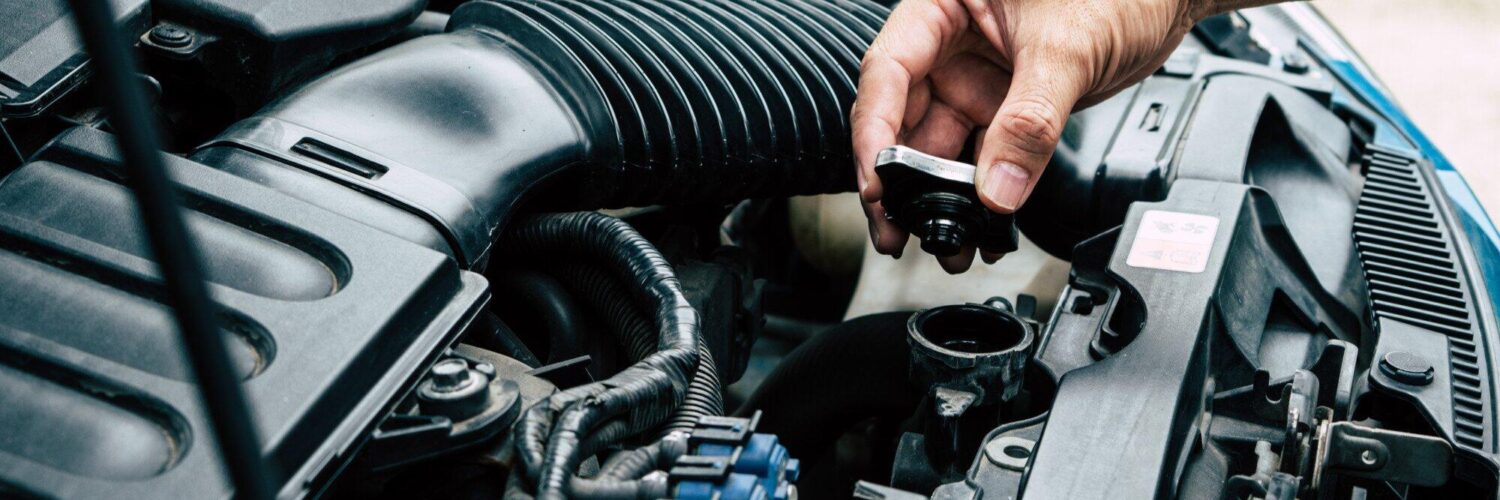Transformers are the silent champions of our electrical systems, tirelessly ensuring power flows seamlessly and efficiently. Yet, the secret to their reliability lies in an often-overlooked component: the radiator tube.
Today, let’s chat about something that might not be on the top of your daily radar. Don’t worry. We’re not delving into rocket science here.
In this blog post, we’ll unravel the significance of regularly giving those radiator tubes a good visual inspection. Trust me; it’s more crucial than you might think! Continue reading!
Detecting and Preventing Leakage and Corrosion
Radiator tubes are a critical part of transformer operation. They play a vital role in preventing heat build-up, which could otherwise cause serious damage to the transformer’s components.
As transformers operate continuously, high temperatures can cause oil leaks from the radiator tubes. This leakage reduces the efficiency of heat dissipation. It can also lead to costly repairs or even total failure if left unaddressed.
Maintaining Optimal Cooling Efficiency
Regular exterior inspection help detect any potential issues or damage to the radiator tubes, allowing for timely repairs and maintenance. This, in turn, helps maintain optimal cooling efficiency, ensuring that the transformer operates at its best.
Furthermore, routine checks can also identify any buildup of debris or obstructions that may hinder proper airflow through the radiator tubes. By clearing these blockages, you can ensure that the transformer continues to operate at peak performance.
Identifying Potential Corrosion
Finding any signs of corrosion is another important part of regular radiator tube checks. There are many things that can cause corrosion. This includes being exposed to the elements or not doing the right kind of maintenance.
If you find corrosion early on, you can fix it and stop it from spreading. In the long run, this not only saves money but also makes sure that the power stays on and the paint condition remains good.
Complying with Safety Regulations
Regular inspections of radiator tubes are not only essential for maintaining optimal performance but also comply with safety regulations. These inspections help identify any potential hazards.
By adhering to safety regulations and conducting routine inspections, you can ensure the safety of those working with or around the transformer.
Extending Transformer Lifespan
We all want our gadgets and appliances to last as long as possible, right? Well, transformers are no different. Exterior inspections help in catching potential issues early, allowing for timely repairs or replacements.
This proactive approach can significantly extend the lifespan of your transformers. It can save you from the hassle and cost of frequent replacements and substation painting. It’s like giving your transformers the secret potion to stay forever young.
Ensuring Operational Reliability
Think of the radiator tubes in a transformer as the heroes who do the work without being noticed. If you check your transformers often, you can be sure they are always ready to go.
Dependability in operations is very important, whether you’re lighting up your neighborhood or making sure your business runs just right. It will help the lights last longer if you take care of those tubes.
Why Regular Radiator Tube Checks Are a Radiant Idea
Regular radiator tube checks are what keep your transformers running smoothly. It takes a little work but pays off big time because these electrical workhorses don’t get too hot and last longer.
So, the next time you walk by that transformer, give those radiator tubes a little nod of appreciation. They’re working hard to keep the energy flowing – literally! Happy inspecting!
Did you like this guide? Great! Browse our website for more great tips!






Add comment